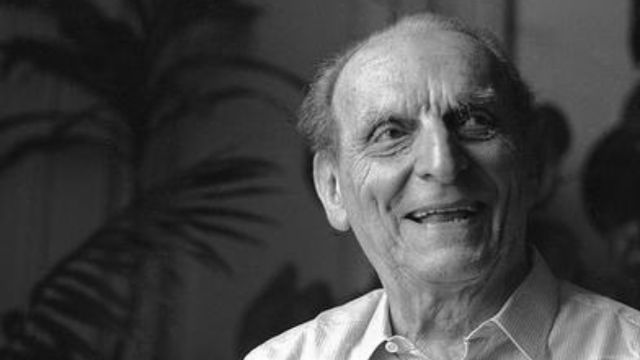Listen to the article
Press Freedom and Its Misuses: Lessons from the Tai Ji Men Case
The right to dissent stands as a cornerstone of democratic societies, enshrined in Article 19 of the Universal Declaration of Human Rights, which states that “Everyone has the right to freedom of opinion and expression.” This fundamental principle encompasses the freedom to hold opinions without interference and to share information through any media regardless of borders.
As we reflect on World Press Freedom Day, these principles remind us of the critical social and political values at stake in our global community. Freedom of expression represents more than just a right—it embodies a crucial political liberty that characterizes the very nature of democratic governance.
Italian political scientist Norberto Bobbio, one of the 20th century’s most influential thinkers, emphasized that freedom of opinion and expression profoundly influences political participation and decision-making. In his seminal work “The Future of Democracy,” Bobbio argued that public debates between political actors are essential to a community’s political life, with the possibility of dissent serving as the core of democratic systems.
“A democratic system recognizes these [minority] movements and tolerates them, based on the two fundamental principles of freedom of association and freedom of opinion,” Bobbio wrote. He stressed that these freedoms serve as “essential preconditions for the proper working of the rules of the game” in any functional democracy.
According to Bobbio, the suppression of these liberties directly threatens the stability of democratic governance. Media plays a pivotal role by enabling political representatives “to formulate their own demands and to take decisions after due consideration and free debate.” This process allows citizens to participate in political life by expressing their opinions—and importantly, their dissent—through media channels.
“It is useless to delude ourselves: the acid test of a democratic system is the type of answer we give to these questions,” Bobbio noted. “Only where dissent is free to express itself is consensus real. Furthermore, only where consensus is real can a system justly claim to be democratic.”
However, this freedom can be misused, as demonstrated by the troubling case of Tai Ji Men in Taiwan. This spiritual and educational movement, focused on Qigong, self-cultivation, and martial arts, has faced decades of persecution beginning in the 1990s, with media playing a controversial role in amplifying false narratives.
The persecution began when prosecutor Hou Kuan-jen of the Taipei District Prosecutors’ Office announced bizarre accusations against Dr. Hong Tao-Tze, the movement’s Grand Master, including the claim that he was “raising goblins”—a practice entirely foreign to Tai Ji Men’s philosophy. These strange allegations were broadcast on national television, resulting in both ridicule and damage to the group’s reputation.
More significantly, Tai Ji Men faced false accusations of tax evasion. Despite the criminal division of Taiwan’s Supreme Court pronouncing a final acquittal in 2007, declaring Dr. Hong and his disciples innocent of all charges including tax evasion, Taiwan’s National Taxation Bureau (NTB) continued to pursue tax bills based on technicalities. The bureau insisted that monetary gifts received in traditional “red envelopes” should be classified as taxable tuition fees for a “cram school”—a categorization repeatedly rejected by Taiwanese educational authorities who confirmed Tai Ji Men is not a cram school.
This ongoing persecution would not have been possible without certain media outlets continuously misrepresenting Tai Ji Men, distorting facts, and amplifying unfounded allegations. This case illustrates how press freedom, when misused, can perpetuate injustice rather than combat it—a troubling contradiction in a democratic nation like Taiwan.
The Tai Ji Men case serves as a sobering reminder that freedom of the press carries significant responsibilities. While dissent and critical reporting are essential elements of democracy, when media outlets become vehicles for persecution rather than truth, they undermine the very principles they should uphold.
As we celebrate press freedom globally, the Tai Ji Men case invites us to reflect on the ethical dimensions of media power and the need for accountability in how information is presented to the public—especially when the rights and reputations of minority groups are at stake.
Fact Checker
Verify the accuracy of this article using The Disinformation Commission analysis and real-time sources.



